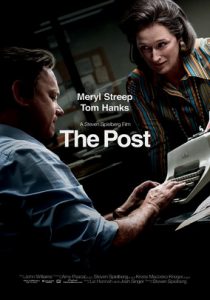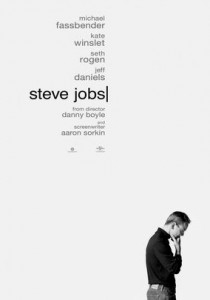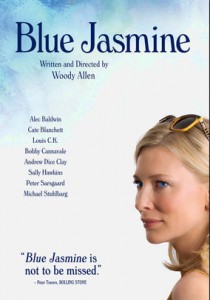After the Hunt-2025
Director Luca Guadagnino
Starring Julia Roberts, Ayo Edebiri, Andrew Garfield
Scott’s Review #1,504
Reviewed November 29, 2025
Grade: B+
After the Hunt (2025) is a thriller mired in questions and secrets, which, from the outset, director Luca Guadagnino successfully creates. An atmosphere of the Yale University elitist intelligentsia, enshrouded in internal chaos, just reeking to be let go.
Julia Roberts reemerges into the awards conversation with a startlingly raw and introspective performance as Alma, a professor harboring a secret past that is invaded by present circumstances.
Guadagnino, known for the brilliant LGBTQ+-themed Call Me by Your Name (2017), usually incorporates emotional complexity, eroticism, and lavish visuals into his work. This one is highly character-driven, embellishing the thoughts and desires of the leads.
For the viewer, After the Hunt remains compelling because we don’t know whom to believe, with allegiances teetering from character to character, including Alma herself.
Alma drinks too much, pops pills, and has a secret apartment away from her eccentric husband, Frederick, wonderfully played by Michael Stuhlbarg. Despite being a psychiatrist, he coddles Alma and serves as her househusband rather than an equal, causing him peculiar bouts of weird behavior.
Meanwhile, Alma is desperately seeking tenure at Yale.
At a boozy party at Alma’s house one night, amid societal and philosophical conversations, Maggie (Ayo Edebiri), one of her students, uncovers a secret about Alma while snooping in her bathroom.
Later, Maggie, who is black and gay, leaves the party with Hank, one of Alma’s handsome colleagues (Andrew Garfield).
The next morning, Alma finds herself at a personal and professional crossroads when Maggie, a star student, levels an accusation against Hank, claiming she was sexually assaulted.
As the onion is peeled back, it is discovered that Maggie plagiarized a paper and has wealthy parents who help the University maintain its financial status. She is also obsessed with Alma, even wearing the same shade of fingernail polish.
At the same time, Hank is a volatile hothead with a vicious temper. Does he have a romantic past with Alma?
Who should Alma believe, and what should the audience think? Are we supposed to side with Maggie because it’s politically correct to believe a young black female over a white male?
Maggie immediately put me off. Was that the intention? I wanted to like her, but just didn’t. This was even before it was known that she was privileged.
By contrast, I immediately did like Hank. His passion for philosophy and his yearning for debate about the younger generation being coddled resonated with me.
Guadagnino offers more than solely a compelling story in After the Hunt.
As a Connecticut resident, the exterior locales are powerful. Rich camera shots of the massive Yale campus, especially on snowy days, provide wonderful texture to the film. A small, cruddy yet cozy Indian diner, strangely empty, serves as a meeting point for two poignant scenes.
Besides the campus, New Haven, Connecticut, is not the ritzy Greenwich, Connecticut, by any means, and Guadagnino must have realized this by incorporating ugly waterside views and glimpses of factories.
A quiet, introspective director, many scenes of Alma staring into the distance, in thought or pondering life, play well with philosophical debate scenes between faculty and students.
While the film’s pacing is slow, it works for me. And throughout the question remains of what Alma’s secret is and whether Hank sexually assaulted Maggie, or is it all lies?
The film is also reminiscent of Fatal Attraction (1987) or Single White Female (1992). The key to the film may lie in Maggie’s obsession with Alma, which slowly unfolds.
In what may be Julia Roberts’ best film role to date, After the Hunt (2025) doesn’t hit a home run with a slightly ambiguous, unsatisfying ending, but with stellar performances from Roberts, Edebiri, Garfield, and Stuhlbarg, it’s enough to warrant a watch.










